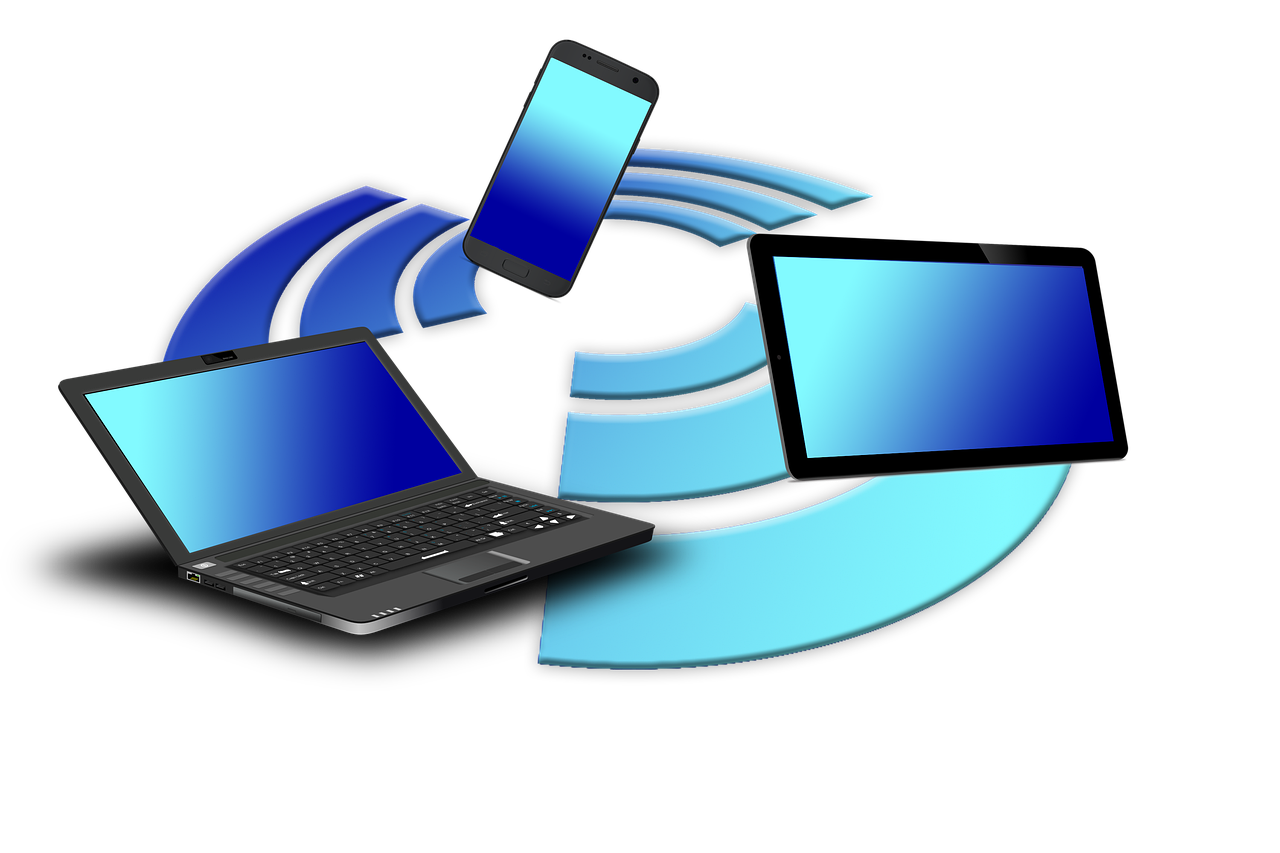HCSE-2
By the end of the course, students will be able to :
Have an In depth Knowledge of Computer Hardware, LAN, WAN, Wireless & Hacking Technologies (MCSE, RHCE, CCNA, CWNA & CEH)
Course Duration – 14 Months
Course Content
Hardware (A+ Core)
- Basics of Computer
- DOS, Windows 98, 2000, XP, 2003, Vista & 2008.
- Assembling & Installation.
- Digital Electronics.
- Microprocessor and Support chips
- Motherboards
- Storage Devices
- VIRUSES
- Interrupts and Ports
- Modem and Internet
- Troubleshooting

MCSE ON WINDOWS-2003

- Exam 70-270 : Installing, Configuring and Administering Microsoft Windows® XP Professional.
- Exam 70-290 : Managing and Maintaining a Microsoft Windows Server 2003
- Exam 70-291: Implementing, Managing and maintaining a Microsoft Windows Server 2003 Network Infrastructure.
- Exam 70-293 : Planning and Maintaining a Microsoft Windows Server 2003 Network Infrastructure.
- Exam 70-294 : Planning, Implementing and Maintaining a Microsoft Windows Server 2003 Active Directory Infrastructure.
- Exam 70-298 : Designing Security for a Microsoft Windows Server 2003 Network.
- Exam 70-284 : Implementing and Managing Microsoft Exchange Server 2003.
- Microsoft Exchange Server 2007
CCNA (Cisco Certified Network Associate)
- Networking Essentials
- TCP/IP
- Installing & Configuring A Router
- CISCO IOS Commands
- Managing CISCO in an Internetwork
- IP and IPX Routing
- Security Using ACCESS LIST
- Connect ot Internet & Remote Office Using WAN
- Installing & Configuring CISCO Catalyst Switch
- Creating and Managing VLANS
- CISCO ISO Security
- VPN
- SDM

CWNA (Certified Wireless Network Admin)

- Radio Technologies
- Antenna Concepts
- Wireless LAN Hardware and Software
- Network Design, Installation and Management
- Wireless Standards and Organizations
- 802.11 Network Architecture
- Wireless LAN Security
- Troubleshooting
- Performance Tuning
- How to Perform Site Surveys
CEH ( Certified Ethical Hacker)
- Module 1 : Ethics and Legality
- Module 2 : Foot Printing
- Module 3 : Scanning
- Module 4 : Enumeration
- Module 5 : System Hacking
- Module 6 : Trojans and Back doors
- Module 7 : Sniffers
- Module 8 : Denial of Service
- Module 9 : Social Engineering
- Module 10 : Session Hijacking
- Module 11 : Hacking Web Servers
- Module 12 : Web Application Vulnerabilities
- Module 13 : Web Based Password Cracking Techniques
- Module 14 : SQL Injection
- Module 15 : Hacking Wireless Networking
- Module 16 : Virus and Worms
- Module 17 : Novell Hacking
- Module 18 : Linux Hacking
- Module 19 : IDS, Firewalls and Honey Pots
- Module 20 : Buffer Overflows
- Module 21 : Cryptography
- Module 22 : Penetration Testing Methodologies

